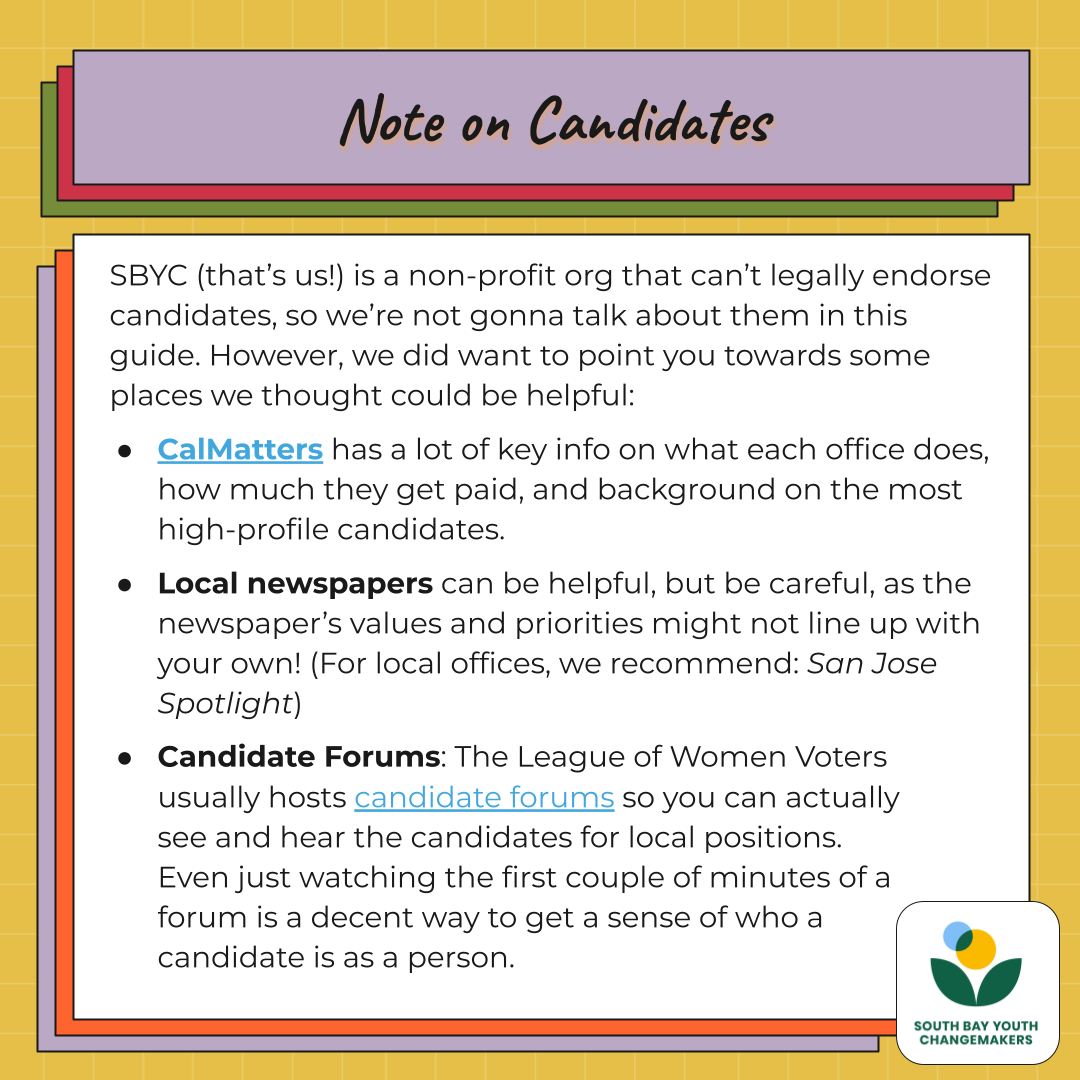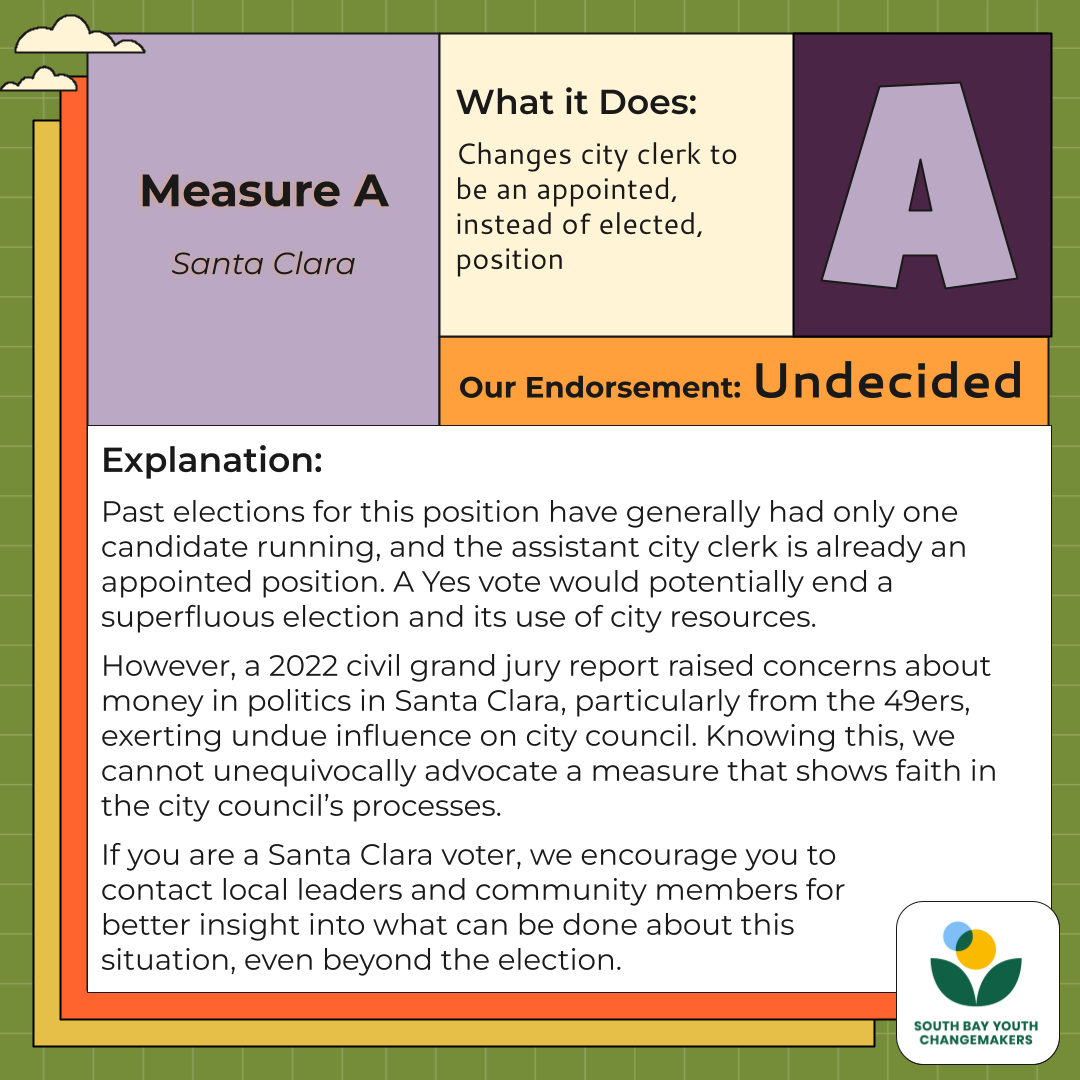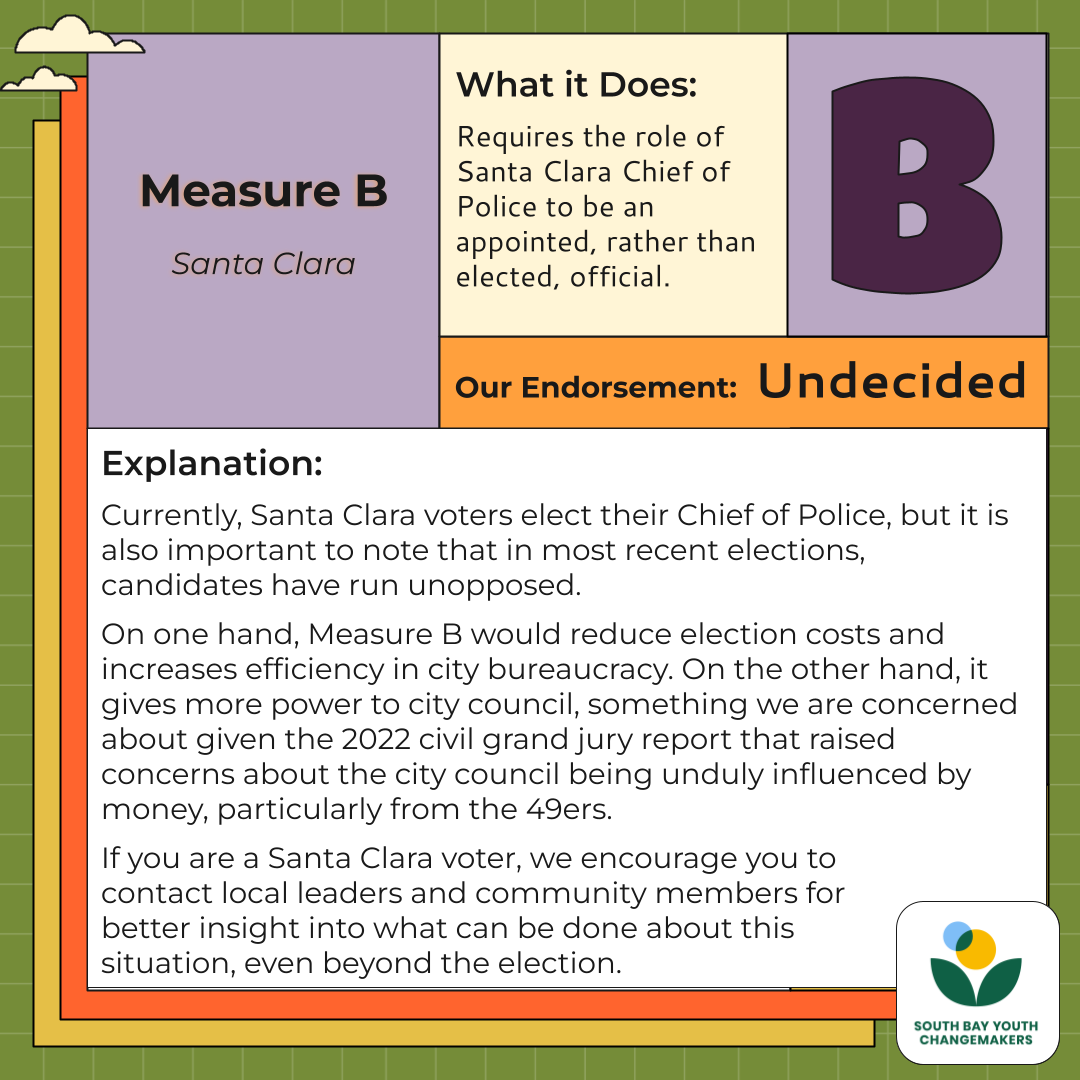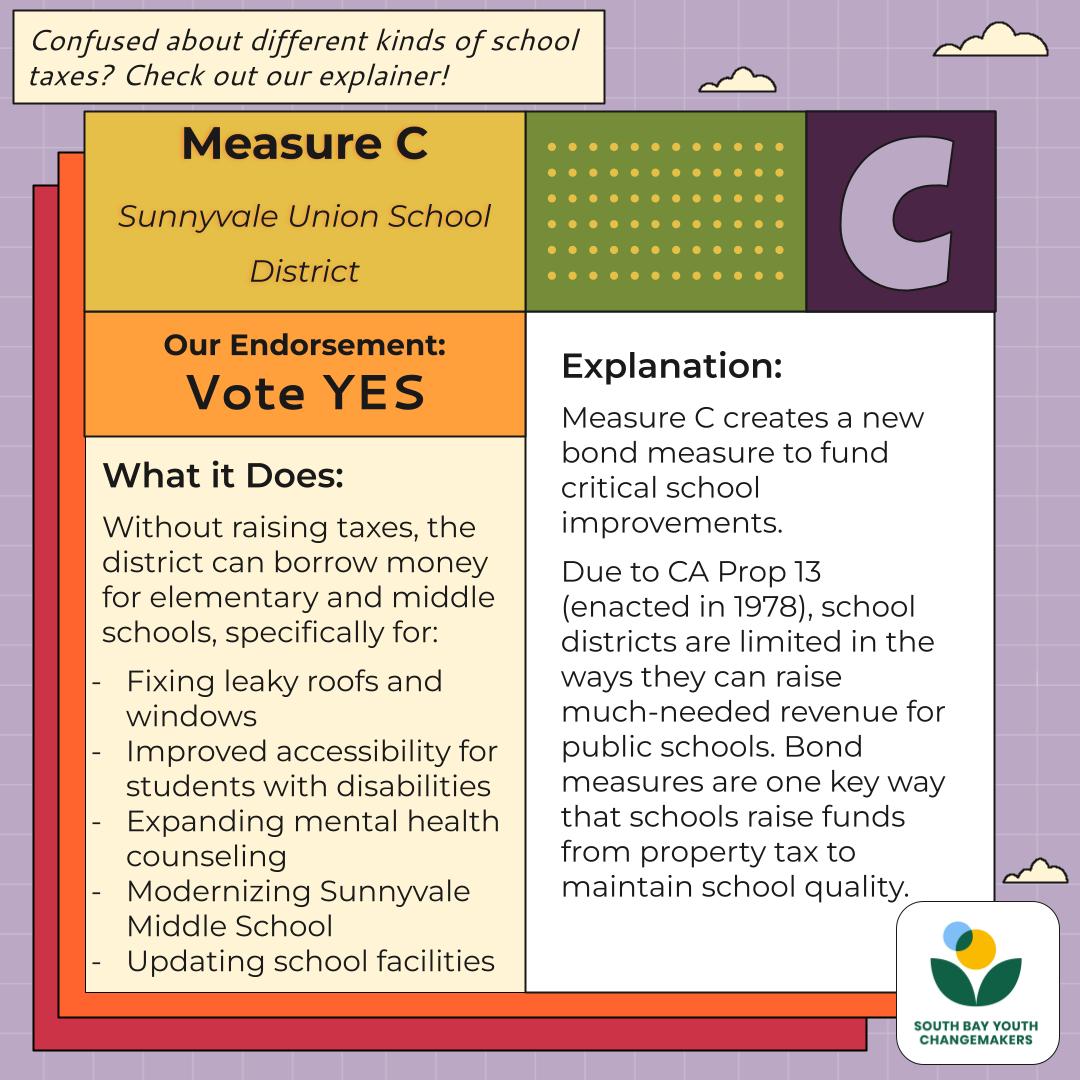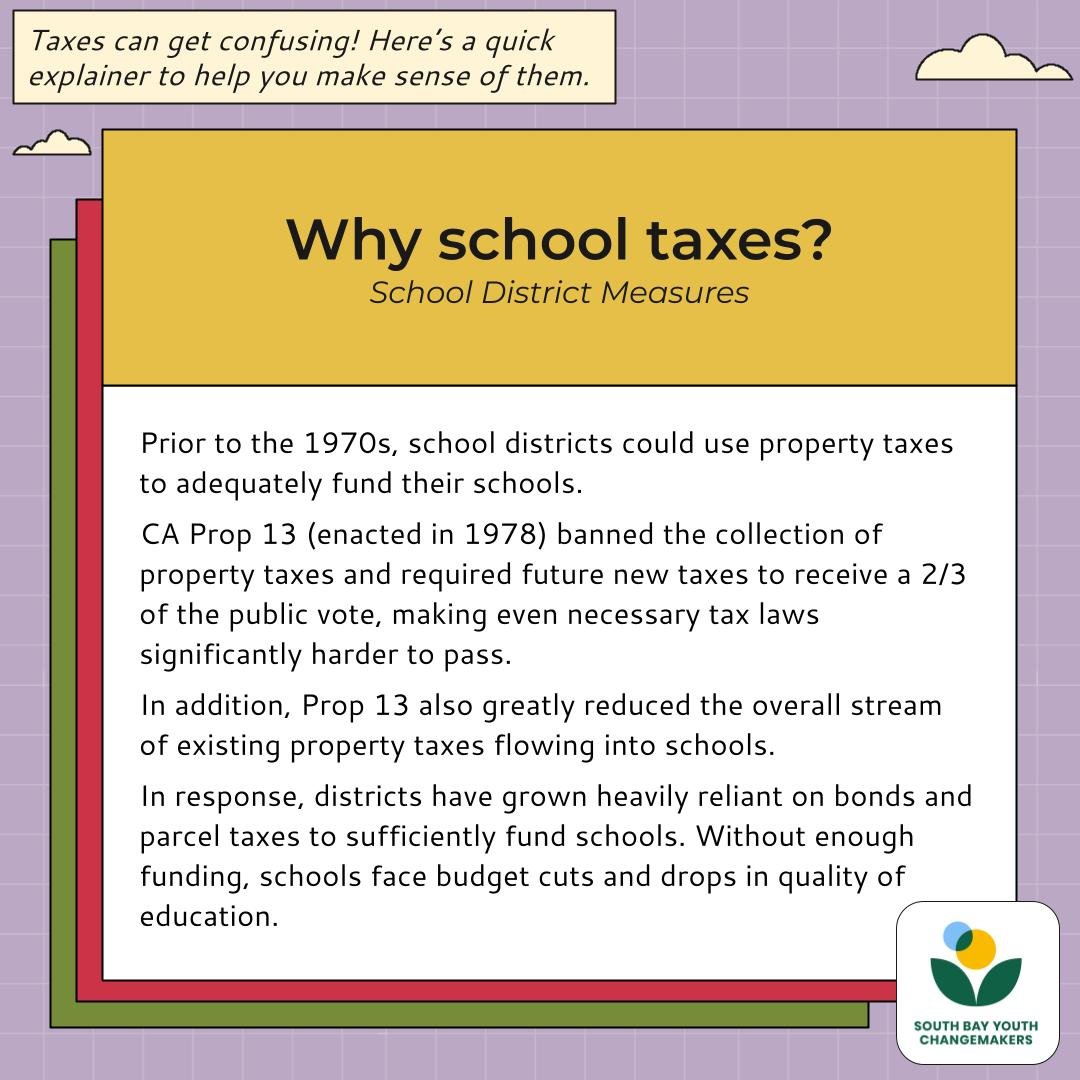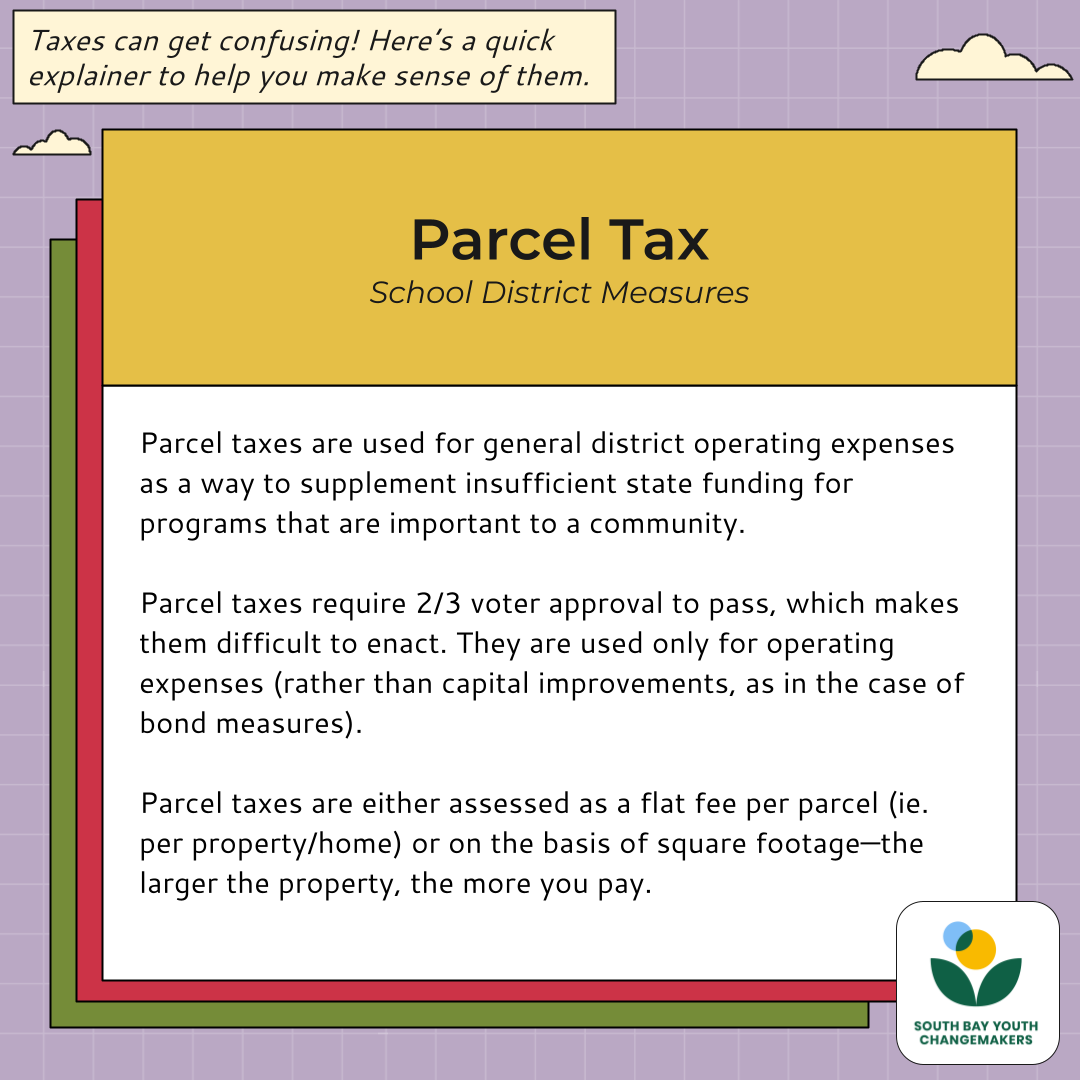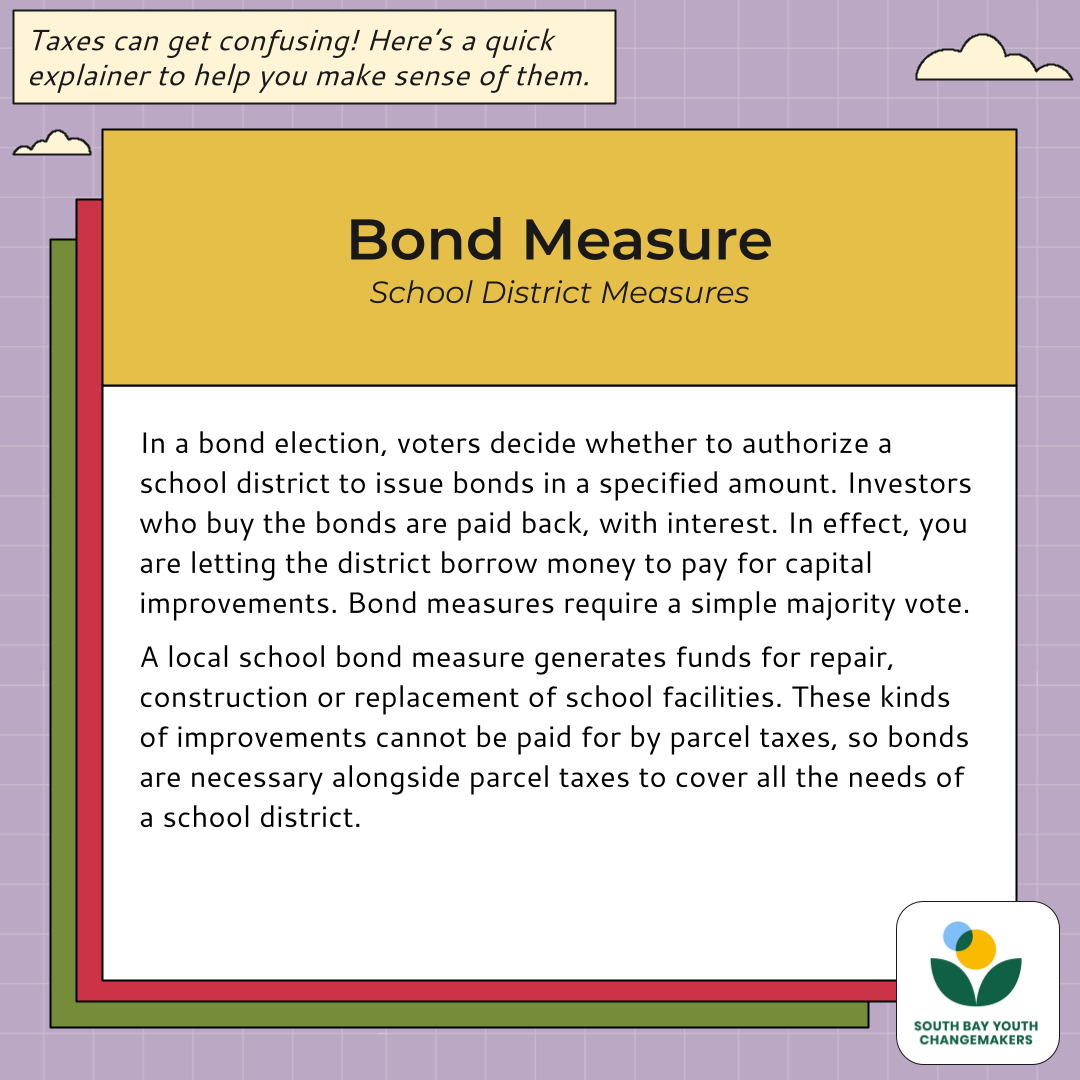Santa Clara County Voting Guide
March 5, 2024 Primary Election
Want the plain text version of our voting guide? Scroll to the bottom of this page.
Sources for Prop 1:
CalMatters: https://calmatters.org/california-voter-guide-2024/prop-1-mental-health/
ABC7: https://abc7.com/california-what-is-proposition-1-election-day-ballot-2024/14379453/
AAPI Force:
Disability Visibility Project: https://disabilityvisibilityproject.com/2024/03/03/institutionalization-about-us-without-us-californias-proposition-1/
Sources for Measures A and B:
Election Resources: https://www.santaclaraca.gov/our-city/departments-a-f/city-clerk-s-office/election-information/march-5-2024-special-election
Santa Clara County Civil Grand Jury: https://grandjuryreport.com/
San Jose Spotlight: https://sanjosespotlight.com/santa-clara-voters-to-weigh-electing-police-chief-measure-b-election-2024/
Mercury News: https://www.mercurynews.com/2024/01/13/editorial-santa-clara-should-stop-electing-police-chief-and-city-clerk/
Source for Measure C:
Sunnyvale School District: https://www.sesd.org/Page/5736
Curious about us? Check out our SBYC Website + Instagram + Facebook
Santa Clara County Voting Guide. March 5, 2024 Primary Election.
Prop 1
What it Does: Authorizes the state to issue a $6.4 billion bond to:
Create 10,000 inpatient and residential treatment beds
Fund permanent supportive housing (half of which will be set aside for veterans dealing with mental illness or addiction)
Counties will be required to direct mental health funds towards housing for the chronically homeless
Our Endorsement: Vote No.
Explanation: Prop 1 would divert money from community centered interventions in favor of state control. It would require counties to spend ⅓ of their mental health budgets on housing, removing money from services community members already use. Disability advocates have also raised concerns that Prop 1 could increase involuntary institutionalization for those struggling with mental health.
While Prop 1 would have some positive effects, we do not think they are enough to outweigh the negatives of the plan. Overall, we believe Prop 1 would not benefit mental health in our communities.
Measure A
Santa Clara
What it Does: Changes city clerk to be an appointed, instead of elected, position.
Our Endorsement: Undecided.
Explanation: Past elections for this position have generally had only one candidate running, and the assistant city clerk is already an appointed position. A Yes vote would potentially end a superfluous election and its use of city resources.
However, a 2022 civil grand jury report raised concerns about money in politics in Santa Clara, particularly from the 49ers, exerting undue influence on city council. Knowing this, we cannot unequivocally advocate a measure that shows faith in the city council’s processes.
If you are a Santa Clara voter, we encourage you to contact local leaders and community members for better insight into what can be done about this situation, even beyond the election.
Measure B
Santa Clara
What it Does:
Our Endorsement: Undecided.
Explanation: Currently, Santa Clara voters elect their Chief of Police, but it is also important to note that in most recent elections, candidates have run unopposed.
On one hand, Measure B would reduce election costs and increases efficiency in city bureaucracy. On the other hand, it gives more power to city council, something we are concerned about given the 2022 civil grand jury report that raised concerns about the city council being unduly influenced by money, particularly from the 49ers.
If you are a Santa Clara voter, we encourage you to contact local leaders and community members for better insight into what can be done about this situation, even beyond the election.
Measure C
Sunnyvale
What it Does: Without raising taxes, the district can borrow money for elementary and middle schools, specifically for:
Fixing leaky roofs and windows
Improved accessibility for students with disabilities
Expanding mental health counseling
Modernizing Sunnyvale Middle School
Updating school facilities
Our Endorsement: Vote YES
Explanation: Measure C creates a new bond measure to fund critical school improvements.
Due to CA Prop 13 (enacted in 1978), school districts are limited in the ways they can raise much-needed revenue for public schools. Bond measures are one key way that schools raise funds from property tax to maintain school quality.
Taxes can get confusing! Here’s a quick explainer to help you make sense of them.
Why school taxes?
Prior to the 1970s, school districts could use property taxes to adequately fund their schools. CA Prop 13 (enacted in 1978) banned the collection of property taxes and required future new taxes to receive a two-thirds of the public vote, making even necessary tax laws significantly harder to pass. In addition, Prop 13 also greatly reduced the overall stream of existing property taxes flowing into schools. In response, districts have grown heavily reliant on bonds and parcel taxes to sufficiently fund schools. Without enough funding, schools face budget cuts and drops in quality of education.
Parcel Tax
Parcel taxes are used for general district operating expenses as a way to supplement insufficient state funding for programs that are important to a community. Parcel taxes require 2/3 voter approval to pass, which makes them difficult to enact. They are used only for operating expenses (rather than capital improvements, as in the case of bond measures). Parcel taxes are either assessed as a flat fee per parcel (ie. per property or home) or on the basis of square footage—the larger the property, the more you pay.
Bond Measure
In a bond election, voters decide whether to authorize a school district to issue bonds in a specified amount. Investors who buy the bonds are paid back, with interest. In effect, you are letting the district borrow money to pay for capital improvements. Bond measures require a simple majority vote. A local school bond measure generates funds for repair, construction or replacement of school facilities. These kinds of improvements cannot be paid for by parcel taxes, so bonds are necessary alongside parcel taxes to cover all the needs of a school district.



